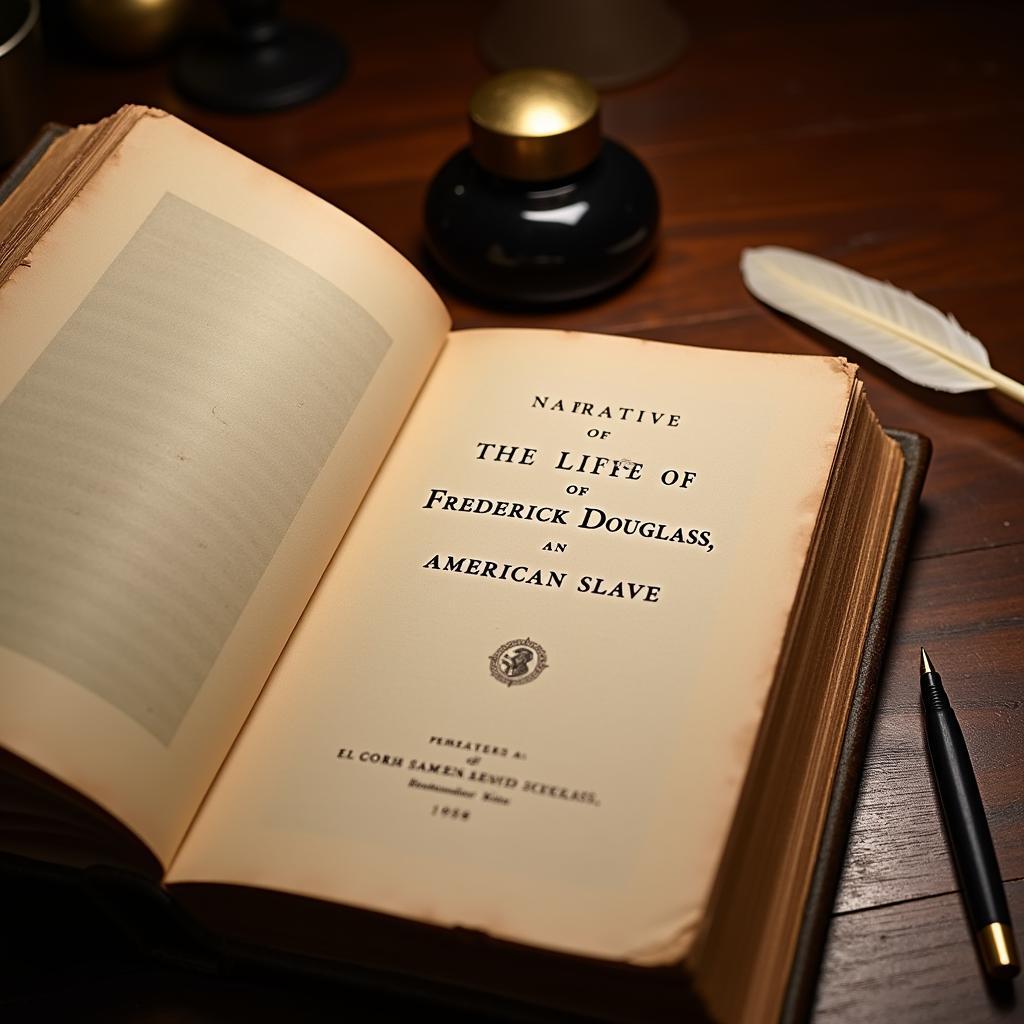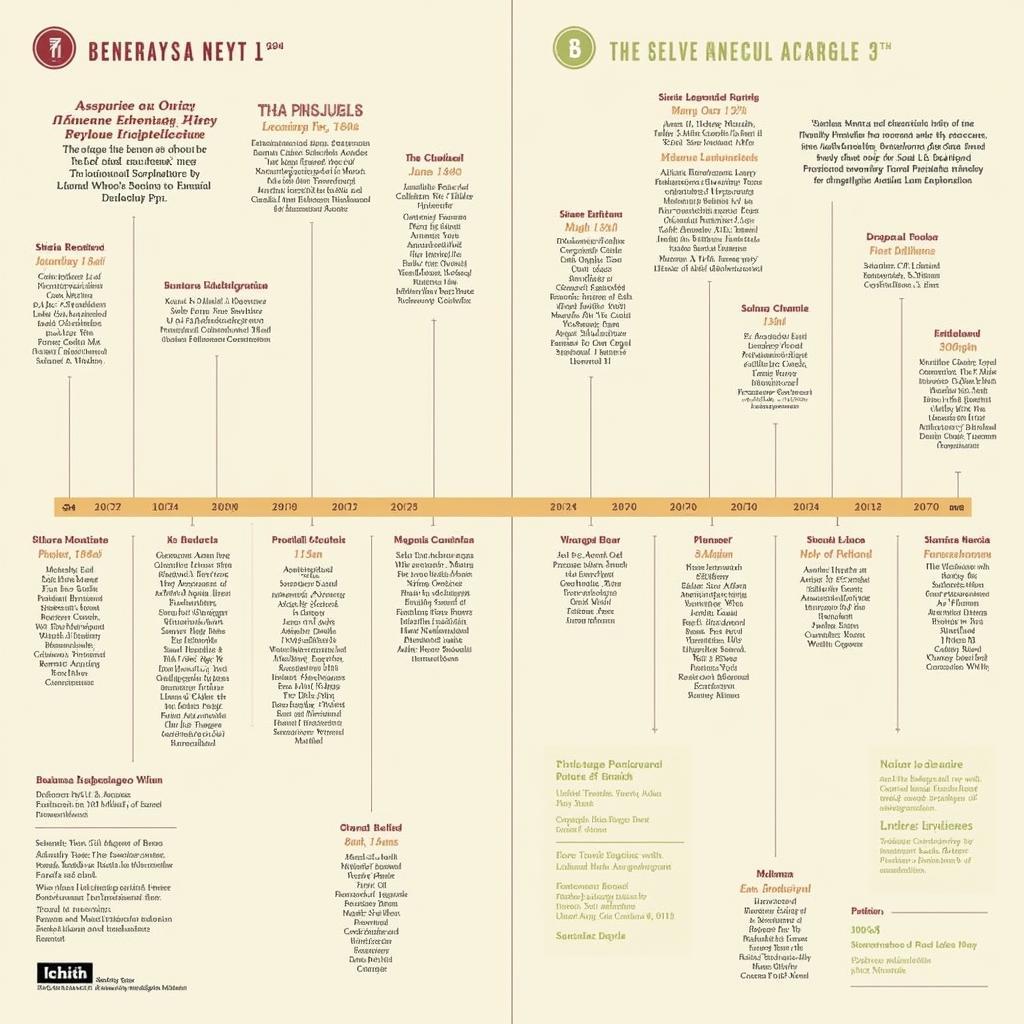19th Century African American Literature Syllabus: A Guide to Essential Readings
From the poignant narratives of self-emancipation to the burgeoning voices of social commentary, 19th century African American literature offers an invaluable window into a tumultuous period of American history. This syllabus delves into the rich tapestry of this literary tradition, exploring key themes, influential writers, and their enduring impact on American consciousness.
Unveiling the Power of Narrative: From Autobiography to Fiction
The 19th century witnessed the rise of African American literature as a powerful tool for social change and self-expression. At the heart of this movement were autobiographical narratives penned by formerly enslaved individuals. These accounts, often harrowing yet ultimately triumphant, provided irrefutable testimonies against the horrors of slavery while simultaneously asserting the humanity and intellectual capabilities of Black Americans.
 Frederick Douglass's Narrative
Frederick Douglass's Narrative
Frederick Douglass’s seminal work, “Narrative of the Life of Frederick Douglass, an American Slave,” stands as a towering example of this genre. Through vivid prose, Douglass recounts his journey from bondage to freedom, exposing the brutality of slavery and eloquently advocating for abolition. His narrative, alongside others like Harriet Jacobs’s “Incidents in the Life of a Slave Girl,” ignited the conscience of a nation, swaying public opinion and fueling the abolitionist movement.
Beyond the Slave Narrative: Expanding Themes and Literary Forms
While the slave narrative remained a dominant form, 19th century African American literature began to encompass a wider range of themes and literary expressions. Writers like Frances Ellen Watkins Harper and Charles Chesnutt ventured into the realm of fiction, employing their craft to expose the persistent realities of racism, challenge prevailing stereotypes, and explore the complexities of Black identity in a nation grappling with the legacy of slavery.
 Frances E.W. Harper's Iola Leroy
Frances E.W. Harper's Iola Leroy
Harper’s “Iola Leroy” stands as a pivotal work in this evolution. This novel, published just two decades after the Civil War, follows the experiences of a young woman discovering her mixed-race heritage amidst the tumultuous Reconstruction era. Through Iola’s journey, Harper grapples with themes of education, social reform, and the ongoing struggle for racial equality.
Laying the Groundwork: 19th Century Voices Echoing into the Future
The impact of 19th century African American literature extends far beyond its historical context. These writers, by bravely sharing their stories and perspectives, established a powerful literary tradition that would continue to inspire generations of artists and activists. Their words gave voice to the marginalized, challenged injustice, and ultimately helped pave the way for the Civil Rights Movement and beyond.
 19th Century African American Literature Timeline
19th Century African American Literature Timeline
Studying 19th century African American literature offers a profound and nuanced understanding of American history and the ongoing struggle for racial justice. It is an invitation to engage with powerful narratives, grapple with challenging questions, and celebrate the resilience and artistry of those who dared to speak truth to power.
Frequently Asked Questions about 19th Century African American Literature
1. What are some of the key themes explored in 19th century African American literature?
This period’s literature grapples with themes of freedom and enslavement, racial identity and passing, social uplift and reform, the legacy of slavery, and the search for belonging in a nation marked by racial inequality.
2. Why is it important to study this body of literature today?
Engaging with these texts provides invaluable historical context, deepens our understanding of contemporary social issues rooted in racial injustice, and introduces us to the power and beauty of African American literary traditions.
3. What are some resources for further exploration of this topic?
Numerous online archives, scholarly journals, and literary societies are dedicated to the study and preservation of African American literature. Additionally, contemporary writers often engage with and draw inspiration from this rich literary heritage.
4. How did 19th century African American literature influence later literary movements?
This period’s writing laid the groundwork for the Harlem Renaissance, the Black Arts Movement, and continues to resonate in contemporary African American literature. Themes of identity, social justice, and the power of storytelling continue to be explored and reimagined by writers today.
5. Where can I find 19th century African American literature to read?
Many of these works are available online through digital libraries like Project Gutenberg and the Library of Congress. Additionally, anthologies and collections are available at most bookstores and libraries.
Explore More:
This syllabus is just a starting point for your journey into the captivating world of 19th century African American literature. By immersing yourself in these powerful narratives, you will gain a deeper understanding of American history, the enduring impact of slavery, and the ongoing struggle for racial equality.
Need assistance navigating the rich world of African literature? Contact us!
Phone: +255768904061
Email: [email protected]
Visit us: Mbarali DC Mawindi, Kangaga, Tanzania.
Our team is available 24/7 to answer your questions and connect you with resources.


